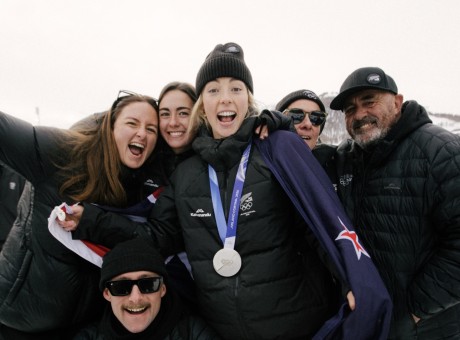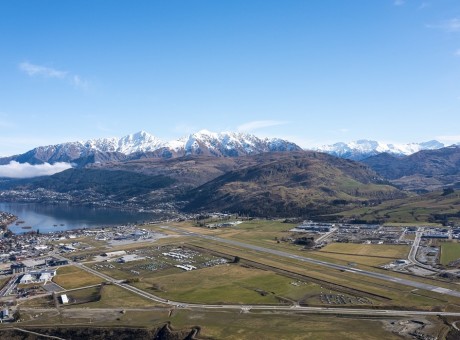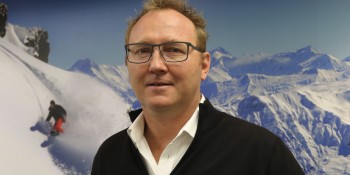Otago's mayors team up to do better with waste
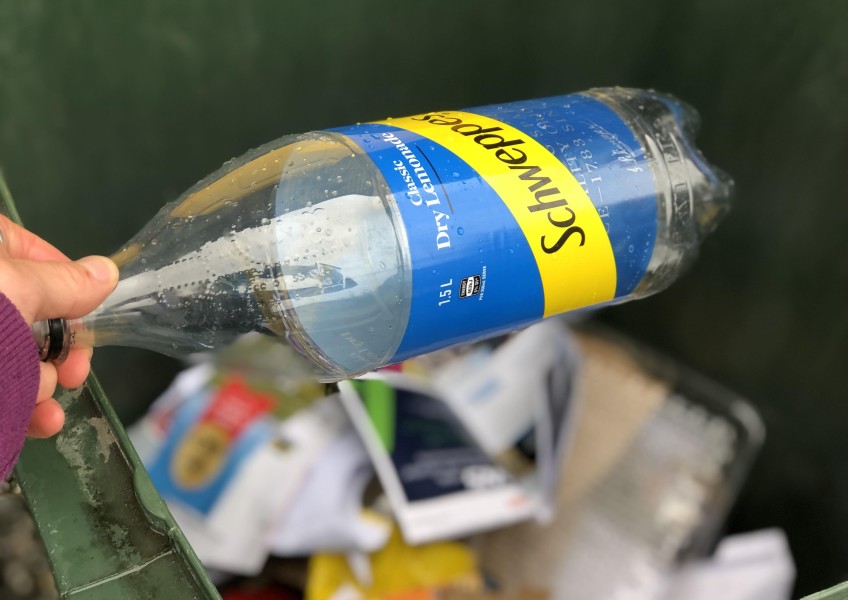
A team approach is needed to help combat challenges Otago faces cleaning up its waste and recycling act.
That’s the view of a group of Otago mayors keen to see the region’s separate local authorities team up to provide the scale and shared resources needed to do better by the environment.
The Otago Mayoral Forum has today released a report of waste and recycling issues in the region - the first of its kind.
The forum’s partnered with environmental consultancy Eunomia to produce the analysis, which documents waste and recycling infrastructure, volumes and activity throughout Otago.
As a report card, the region's doing better in some areas than others - it may get an A+ for its landfill facilities, but it's probably more of a C- for facilities for recycling, recovering or reprocessing waste.
"While landfill disposal infrastructure appears adequate for the needs of the region for some time to come; the same cannot be said of recycling, recovery, and reprocessing infrastructure. There is very little reprocessing infrastructure in the region, and existing infrastructure is dated," the report says.
The report also highlights there is a general lack of organic waste processing infrastructure across the region, despite it making up a significant chunk (26 percent) of landfill waste, particularly from households in the region.
A lack of infrastructure for dealing with construction waste - timber was the second largest component (15.9 percent) of overall waste to landfill - is also highlighted in the report.
"Construction and demolition waste is an issue in Queenstown Lakes, Central Otago and Dunedin. While some recovery is occurring, most construction and demolition waste appears to be sent to some form of landfill disposal," the report says.
In Queenstown Lakes, one of the key issues identified is the Frankton-based materials recovery facility, which the report says is "beyond its anticipated life and is currently struggling to cope with the volume of incoming recyclables from the area as well as neighbouring communities.
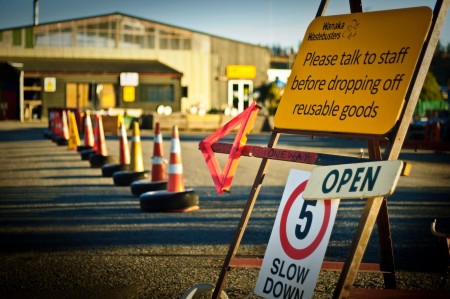
Wānaka Wastebusters helps pick up the slack, but Queenstown Lakes and Central Otago districts need better infrastructure to recycle and repurpose waste.
Wānaka benefits from Wānaka Wastebusters, a social enterprise operating on council land, but the operation doesn't have the space or resources to serve the wider sub-region, the report says.
In Central Otago, the report highlights that the district relies on carting its waste elsewhere for disposal, largely relying on infrastructure in Queenstown Lakes district. This poses an issue, especially for recycling, as waste often needs stockpiling, and redirecting when capacity is stretched.
"This raises cost, through double-handling, and reduces the quality of the material," the report says.
Bad form for wine-producing regions - both districts are struggling to do much responsibly with glass. Recycling processing infrastructure is "problematic" and it means glass is currently being sent to low value applications, the report says.
Although the per capita volume of waste produced in Otago was on par with other places in New Zealand, the report highlights that Queenstown Lakes is a big rubbish producer - while Otago averages 0.586 tonnes per capita per annum and New Zealand as a whole 0.663, the Queenstown average sits at 0.833. But, that's common in tourist hotspots, the report says.
Central Otago Mayor Tim Cadogan, the forum chair, says the region’s five district and city councils have traditionally managed their waste and recycling responsibilities individually, and that doesn’t make much sense.
The region’s geographically large, its population is small and pocketed, and it’s a long way to travel to many dump and recycling facilities.
It means the regions need to work harder than most if it’s going to better manage its waste, he says.
“Thinking regionally to address waste makes a lot of sense…for many waste issues, working together could provide the scale we need to do things better.”
While councils are responsible for managing waste, it is households, organisations and businesses that produce it. The report provides a national, regional and local perspective of waste planning, responsibilities, challenges and opportunities, and includes examples of large organisations in the region and how they are tackling waste.
The report documents significant reductions in waste by a diverse range of Otago organisations in recent years, including the University of Otago and Harraways Oats.
Mr Cadogan says the forum is sharing the report to draw attention to waste issues in Otago and to provide an information resource for councils, waste industry organisations and the community to better understand how to address them.
“We need to work together to reduce waste in Otago, and this report is a step on that pathway.”
The second phase of the project, taking place later in 2022, will see the forum work with Eunomia, to draw on the analysis and explore how councils can collaborate on waste management, with an initial focus on organic waste, and construction and demolition waste.
Introducing the report, Edward Ellison, Upoko Rūnaka/Te Rūnaka Ōtākou, says the report is a positive contribution to informing not only councils and the waste industry, but importantly community understanding of its waste activity.
"We join with the Mayoral Forum in encouraging the interest and engagement of all communities in finding better solutions to waste management in the region.
"As mana whenua of the region, Kāi Tahu have long expressed the view that poorly sited and dysfunctional waste management systems pose a serious threat to the cultural values of whānau, hapū and iwi."
The Otago Mayoral Forum is comprised of Otago’s five mayors and the chair of the Otago Regional Council, with their chief executives.
The group has already given go-ahead to develop a business case for a more formal partnership between the councils of Otago to manage waste and deliver waste infrastructure over the medium to long term.
An electronic copy of the report can be requested by emailing [email protected].







